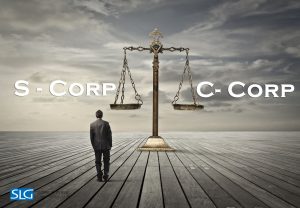As a business owner, you should take every possible precaution to ensure that the information of your clients, customers, and employees are safe. However, as many corporate owners will tell you, even the most well-prepared companies – large or small – can be the victims of data breaches. One precaution to protect your company from these data security breaches is to seek counsel from an experienced California e-commerce attorney from the start. The following are only a few steps you may want to consider taking if a data breach happens to your business:
The minute you learn of any type of breach, you should start working to repair the leak. You can do a lot of damage control by immediately addressing security flaws and securing the rest of your data. You should identify which servers have been affected and the nature of the data on those servers.
 Business Lawyers Blog
Business Lawyers Blog











